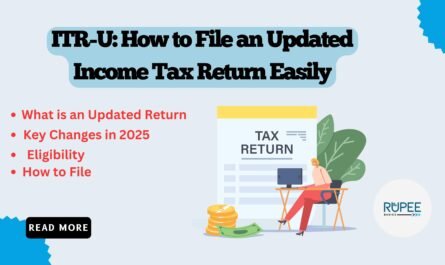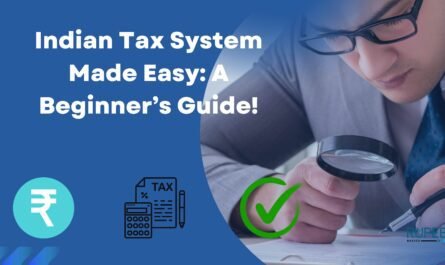India’s tax landscape is undergoing a significant transformation with the introduction of the Direct Tax Code (DTC) 2025. This new code aims to simplify and modernize the existing tax system, making it more transparent and user-friendly for taxpayers. Here’s a comprehensive overview of the key changes and what they mean for you.
Simplification of Tax Structure
The DTC 2025 seeks to streamline India’s tax laws by reducing the number of complex sections and utilizing schedules instead. This approach is designed to make tax filing more straightforward for individuals and businesses alike.
The DTC 2025 proposes a restructuring of income tax slabs to provide relief to individual taxpayers:
- Income up to ₹2.5 lakh: No tax
- ₹2.5 lakh to ₹5 lakh: 5%
- ₹5 lakh to ₹10 lakh: 10%
- ₹10 lakh to ₹20 lakh: 15%
- ₹20 lakh to ₹2 crore: 20%
- Above ₹2 crore: 25%
Clearer Taxpayer Classification
Under the new code, taxpayers are now classified simply as residents or non-residents. The previous categories, such as Resident and Ordinarily Resident (ROR) and Resident but Not Ordinarily Resident (RNOR), have been eliminated to reduce confusion. citeturn0search0
Changes in Capital Gains Taxation
A notable shift in the DTC 2025 is the treatment of capital gains. Capital gains will now be taxed as regular income. Short-term gains on financial assets will be taxed at 20%, up from the previous 15%, while long-term gains will see a reduced rate of 12.5%, down from 20%.
Renaming of Income Categories
To enhance clarity, certain income categories have been renamed:
- Income from Salary is now referred to as Employment Income.
- Income from Other Sources has been changed to Income from Residuary Sources.
These changes aim to make the tax code more intuitive for taxpayers.
Expanded Roles for Tax Audits
Previously, only Chartered Accountants (CAs) were authorized to conduct tax audits. The DTC 2025 expands this authority to include Company Secretaries (CS) and Cost and Management Accountants (CMAs), increasing accessibility and providing taxpayers with more options.
Unified Tax Rates for Companies
In a move to simplify compliance and encourage foreign investment, both domestic and foreign companies will now be subject to the same tax rate.
Corporate Tax Reforms
To enhance India’s competitiveness as a business destination, the DTC 2025 proposes:
- Standard Corporate Tax Rate: 30% of business income
- Removal of Sector-Specific Exemptions: A move towards a more uniform tax structure
These reforms are designed to simplify the tax regime and attract greater foreign direct investment.
Broader Application of TDS and TCS
Tax Deducted at Source (TDS) and Tax Collected at Source (TCS) will now apply to nearly all forms of income. The TDS rate for many transactions has been reduced from 5% to 2%, and for e-commerce operators, it has significantly decreased from 1% to 0.1%. These adjustments aim to ensure timely tax payments and reduce the risk of evasion.
Reduction in Deductions and Exemptions
The DTC 2025 reduces or eliminates many existing deductions and exemptions to close loopholes and create a more transparent tax system. However, to provide relief to salaried employees, the standard deduction has been increased by 50%, bringing it to ₹75,000.
Simplification of Tax Laws
The new code aims to reduce the complexity of the existing tax laws by:
- Reducing the number of sections: Streamlining provisions for easier understanding
- Eliminating redundant clauses: Removing outdated or overlapping regulations
This simplification is expected to make tax compliance more straightforward for taxpayers.
Removal of Assessment and Previous Year Concepts
The terms “Assessment Year” and “Previous Year” have been removed from the tax code. Going forward, only the term “Financial Year” will be used for tax filing purposes, reducing confusion and aligning with global practices.
Conclusion
The Direct Tax Code 2025 represents a significant overhaul of India’s tax system, aiming to make it more straightforward, fair, and aligned with international standards. Taxpayers are encouraged to familiarize themselves with these changes to ensure compliance and take full advantage of the new provisions.
“Do what you love, and you’ll never work a day in your life.” – Confucius
📢 Need Expert Help with Finance & Taxation?
Get professional assistance on Taxation, Business Registration & Compliance. 🔗 Contact Us for expert guidance! 🚀




